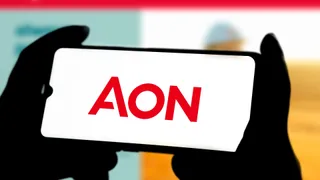
Fed Circ reverses 101 invalidation of Uniloc patent
Uniloc has prevailed in its appeal against LG Electronics, after the US Court of Appeals for the Federal Circuit reversed the invalidation of the company’s Bluetooth network patent under section 101 of US patent law.
Already registered?
Login to your account
If you don't have a login or your access has expired, you will need to purchase a subscription to gain access to this article, including all our online content.
For more information on individual annual subscriptions for full paid access and corporate subscription options please contact us.
To request a FREE 2-week trial subscription, please signup.
NOTE - this can take up to 48hrs to be approved.
For multi-user price options, or to check if your company has an existing subscription that we can add you to for FREE, please email Adrian Tapping at atapping@newtonmedia.co.uk

